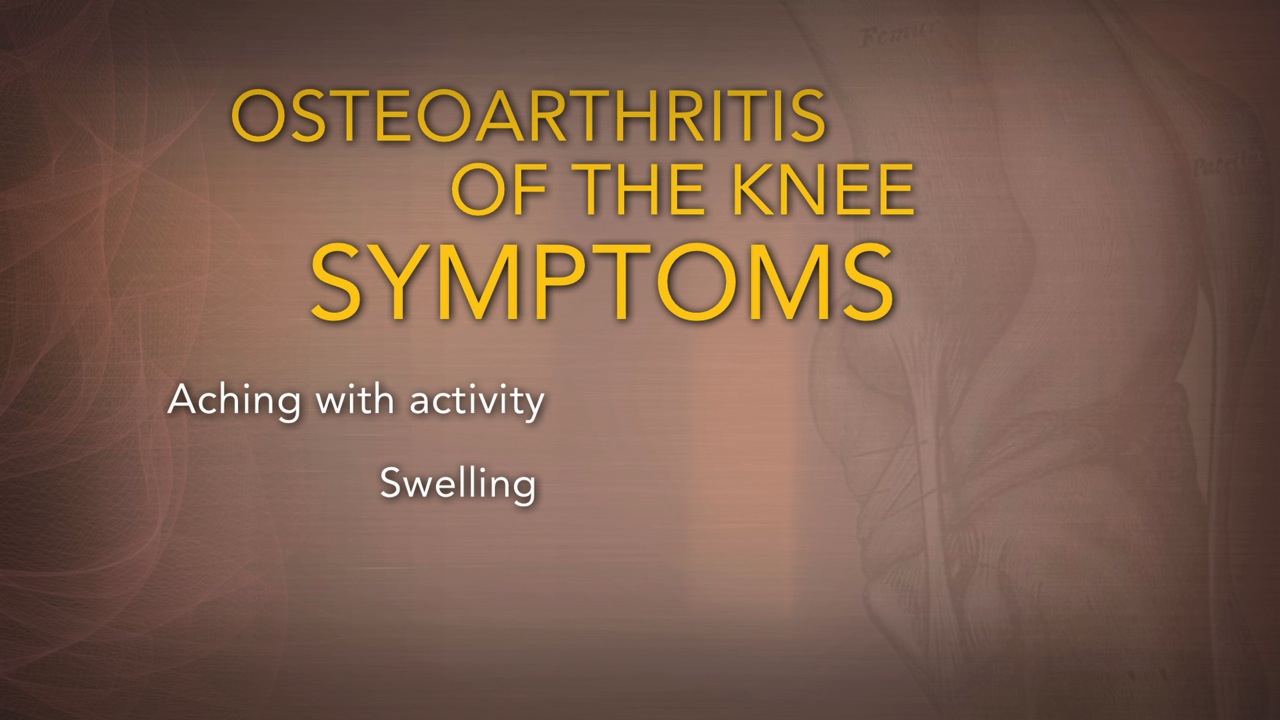Hyaluronate injection relieves chronic shoulder pain: meta-analysis
Reuters Health • The Doctor's Channel Daily Newscast
Injection of hyaluronate is one of the most common treatments for chronic painful shoulder – but according to the research team, there have been no systematic reviews of viscosupplementation, as the procedure is known.
Dr. Seijo Saito and associates at Tokyo Women’s Medical University conducted a literature search that turned up 19 randomized trials comparing intra-articular and subacromial hyaluronate injections with placebo or other conservative measures.
Altogether, the trials involved 2120 patients, with diagnoses of periarthritis scapulohumeralis, frozen shoulder, adhesive capsulitis, rotator cuff tear, persistent shoulder pain, supraspinatus tendinosis, and shoulder impingement syndrome.
In the March 16th online issue of Arthritis Care & Research, Dr. Saito and colleagues report that in 10 trials with data on global pain intensity, the standardized mean difference between hyaluronate injection and placebo was 0.39 (p = 0.000). Since an effect size less than 0.2 “is usually considered trivial,” this indicates that hyaluronate had a favorable effect.
In terms of total function, four trials showed that hyaluronate treatment was significantly better than placebo, with a standardized mean difference of 0.36 (p = 0.04).
Seven trials indicated that viscosupplementation had no effect on range of motion, however.
Five trials compared hyaluronate with other hyaluronic acid derivatives of different molecular weights and with steroid injections. Each type of hyaluronic acid had the same effect, and overall they were more effective than steroids (standardized mean difference in functional scores, 0.39).
The primary adverse events were transient mild increases in local pain or swelling, but hyaluronic acid was as safe as placebo.
Dr. Saito’s team notes that the analysis suffered from low methodological reporting quality of the trials and from an absence of long-term efficacy data. In addition, the researchers faced the typical problems of a meta-analysis, including wide variation in study design, patient characteristics, and outcome endpoints and instruments.
Still, the data provide “compelling evidence that hyaluronate injections are a valuable alternative to other conservative methods for the treatment of chronic painful shoulder,” the authors conclude.
They caution, however, that further study is needed before practice guidelines can be developed.
Reference:
Arthritis Care Res 2010.






